CTRL+K
CTRL+K
The Festival of Sacrifice, called Eid al-Adha in Arabic, is a very important religious event in Morocco. It honors the willingness of the Prophet Ibrahim (Abraham) to sacrifice his son as an act of obedience to God. This Islamic celebration takes place on the tenth day of Dhu al-Hijjah, which is the final month of the Islamic lunar calendar. Moreover, for Moroccans all over the country, Eid al-Adha is an incredibly meaningful and special occasion deeply rooted in cultural customs and beliefs.
Eid al-Adha is a significant Islamic festival that commemorates Prophet Ibrahim’s (Abraham’s) unwavering faith in God. It honors Ibrahim’s willingness to sacrifice his beloved son Ishmael (Ismael) when commanded by God. According to Islamic teachings, God tested Ibrahim’s devotion by instructing him to sacrifice Ishmael. Despite the immense emotional turmoil, Ibrahim prepared to obey God’s will. As Ibrahim was about to fulfill the act, God intervened and provided a ram as a substitute, sparing Ishmael’s life. This remarkable event serves as a testament to Ibrahim’s obedience and submission to God’s command. The substitution of the ram highlights God’s mercy and reward for those who remain steadfast in their belief. Eid al-Adha is a profound reminder of the importance of surrendering oneself to God’s will, even in the face of personal sacrifice. It emphasizes the virtues of obedience, faith, and trust in the divine plan.
The days before Eid al-Adha are filled with excitement and preparations in Moroccan households. Everyone is busy cleaning their homes from top to bottom, making sure every corner is spotless. Shopping for new clothes is a must, as people want to look their best for the festivities. But one of the most important tasks is getting a sacrificial animal, usually a sheep, goat, or cow where families carefully choose the healthiest and most suitable animal.
Eid al-Adha begins in Morocco with people gathering at mosques for communal prayers, dressed in their best clothes for this sacred event. After the prayers, the festival’s main ritual takes place—the sacrifice of an animal, reflecting Prophet Ibrahim’s obedience to God’s command. This symbolic act represents submission to divine will. Families participate in this tradition, sharing the meat with relatives, neighbors, and those in need, promoting unity and generosity within communities. The atmosphere is one of spiritual reverence and community celebration, embodying the values of sacrifice, gratitude, and compassion central to Eid al-Adha.
After the ritual sacrifice during Eid al-Adha, Moroccan families come together for a joyous feast, they share the meat with loved ones and give portions to those in need. While families prepare traditional Moroccan dishes like couscous with meat or tajine using the freshly slaughtered meat. These delicious dishes add to the festive ambiance with their mouthwatering flavors. Moreover, this occasion brings the community closer together, where neighbors and relatives exchange visits, offering sweets and warm greetings. Eid al-Adha reflects the spirit of generosity and unity that defines this important Islamic celebration. It is an occasion to show Morocco’s famous hospitality, where guests are warmly welcomed into homes to take part in the festivities.
Every year, the Souss-Massa region of Morocco celebrates Eid al-Adha, beginning with special foods rooted in ancient Berber traditions. The day starts early with the preparation of “Her-Bel,” a hearty and flavorful soup made with crushed durum wheat seasoned with aromatic spices like cumin, cinnamon, and saffron. Once the morning prayers are over, families gather together to witness the ritual sacrifice of a young ram or lamb.
After the sacrifice, the festivities truly begin with a delicious appetizer of skewered liver wrapped in fat from the sacrificed animal. For the main course, various offal or organ meats from the sacrificed animal are skillfully prepared using time-honored recipes passed down through generations. These flavorful dishes, such as spicy lamb liver stew and grilled lamb kidneys with lemon and parsley, showcase the ingenuity and culinary creativity of the local community, ensuring no part of the animal goes to waste.


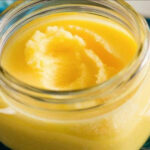
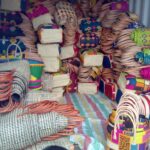
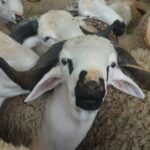

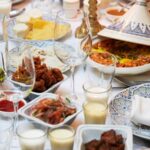

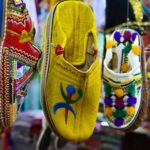
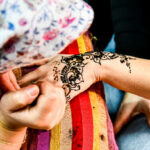
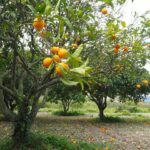
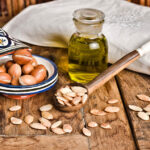
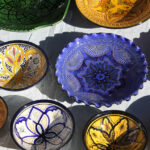
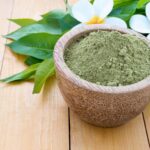
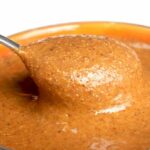
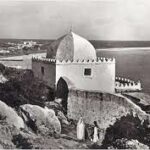
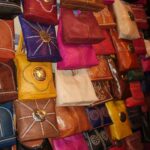
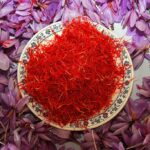
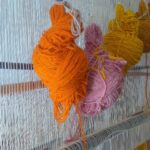



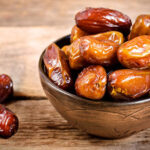
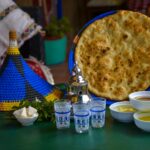
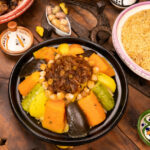
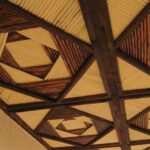
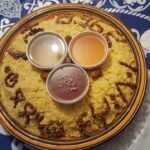
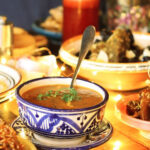
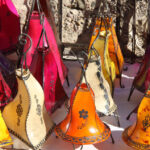
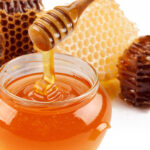
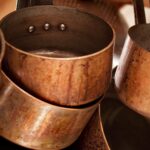
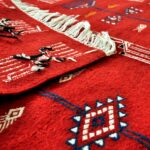
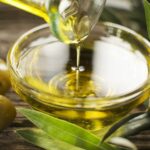
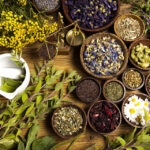

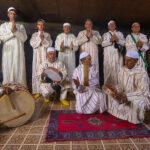
There are no results matching your search.
Reset